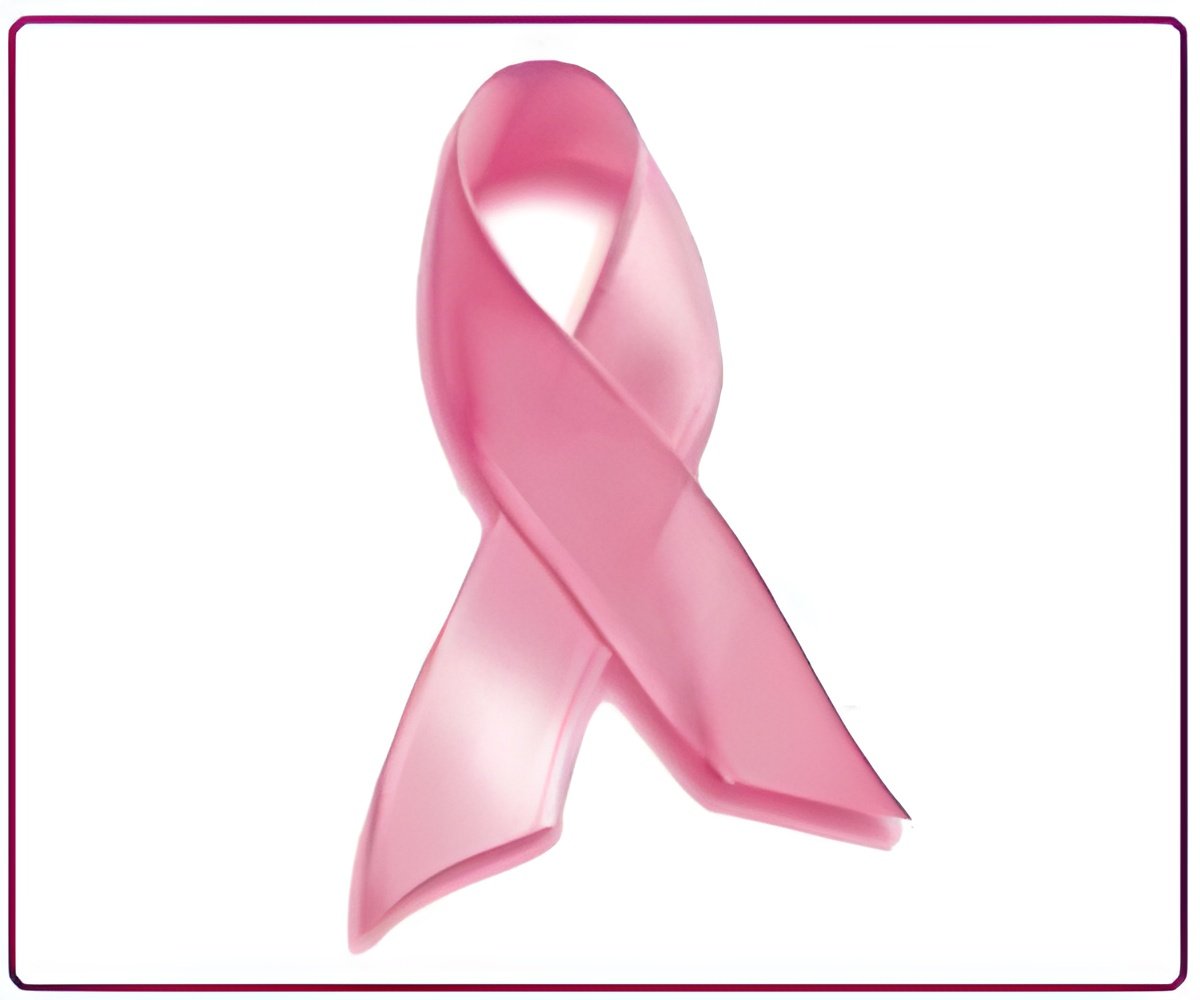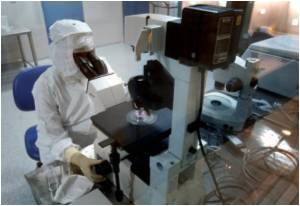
Many cancers are driven by the overexpression of oncogenes. These oncogenes are two-faced. On one hand, they promote processes that allow the cells to become immortal and to grow unchecked. On the other hand, the expression of these oncogenes creates additional anti-growth cellular stresses, conflicts that the cancer cell must subvert in order to survive. One classical example of an oncogene that creates such a delicate balance is c-myc. In patients, hyper-activation of c-myc is associated with the most aggressive cancer types, with 20-40 percent of all cancers having an activated myc gene.
"For 30 years, scientists have tried to attack the oncogene myc," said , assistant professor of molecular and human genetics and biochemistry and molecular biology at BCM and a senior author of the report. "However, it has not been amenable to the drugs we have. Now we have to take advantage of the stresses the oncogene puts on the cancer cell and determine if we can ramp those up to kill the tumor."
"Tumor cells experience considerable mitotic stress," said Westbrook. Regular chemotherapy take advantage of this, but the drugs kill dividing cancer and normal cells. Experts think that special programs within the cancer cell allow it to cope with the stress as it grows and divides (mitosis).
"The fundamental question we asked was how are the stresses in cancer cells different from those in normal cells?" said Westbrook. "We want to exploit that idea and see if we can exacerbate that stress.
To identify genes involved in coping with this stress, Westbrook and his colleague Dr. Stephen Elledge of Harvard Medical School used a special RNA interference screen to disrupt the function of each gene in the genome and identify the genes required to allow the cancer cell to tolerate the stress of the myc oncogene.
Advertisement
To test this, they turned off the SAE enzyme in a form of myc-driven breast cancer.
Advertisement
"If you inhibit this enzyme in a non-myc driven breast cancer, nothing happens," said Westbrook. "If you inhibit it in normal cells of many kinds, nothing happens."
That means that turning off SAE2 exacerbates the stress on cancer cells but not normal cells and thus be a great way to kill cancers without many of the side effects of traditional chemotherapies.
The findings in this report have particular importance for an aggressive form of breast cancer called triple negative breast cancer (TNBC). This subtype is often driven by myc, and there are currently no effective treatments for these patients.
"This may provide that target," said Westbrook. The therapeutic value is that a drug targeting SAE will cause the cancer cell to no longer tolerate myc but will not be detrimental to normal cells.
In addition, myc drives many others kinds of cancers and he anticipates that inhibiting this enzyme in these tumors may have the same effect.
Source-Eurekalert














